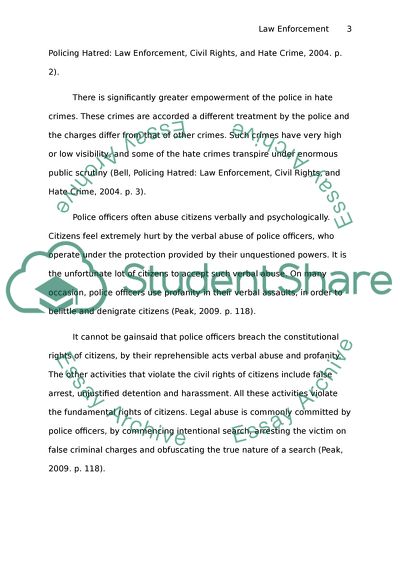Cite this document
(Legal Issues Facing Law Enforcement Research Paper, n.d.)
Legal Issues Facing Law Enforcement Research Paper. Retrieved from https://studentshare.org/law/1727570-legal-issues-facing-law-enforcement
Legal Issues Facing Law Enforcement Research Paper. Retrieved from https://studentshare.org/law/1727570-legal-issues-facing-law-enforcement
(Legal Issues Facing Law Enforcement Research Paper)
Legal Issues Facing Law Enforcement Research Paper. https://studentshare.org/law/1727570-legal-issues-facing-law-enforcement.
Legal Issues Facing Law Enforcement Research Paper. https://studentshare.org/law/1727570-legal-issues-facing-law-enforcement.
“Legal Issues Facing Law Enforcement Research Paper”, n.d. https://studentshare.org/law/1727570-legal-issues-facing-law-enforcement.


